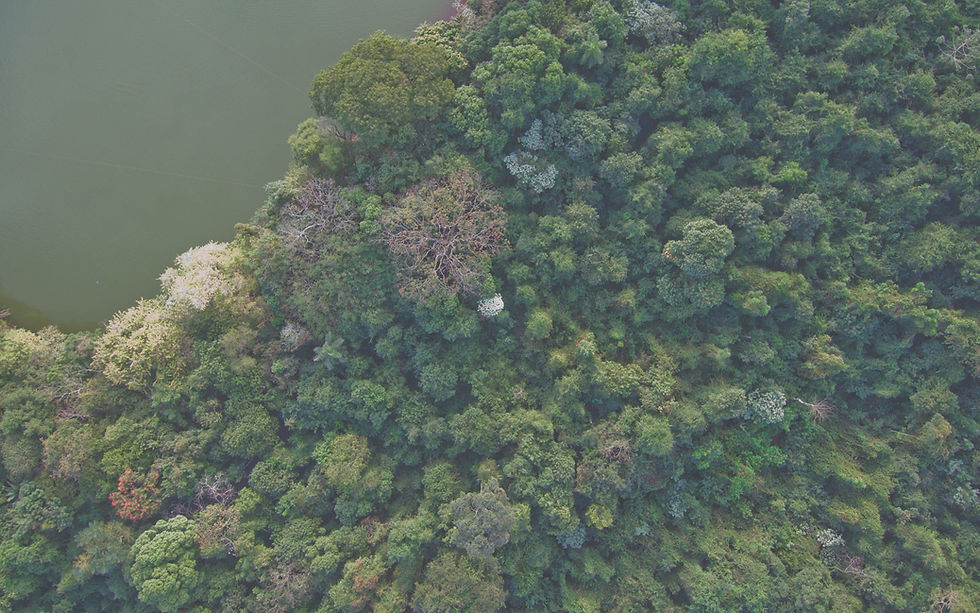Launching a local sustainability hub
- Muryel Boulay
- Mar 16, 2023
- 3 min read
I believe that we will get up in the morning to do good!
Customers and investors are asking SMEs for commitments to act positively towards Society and the Environment. Employees are demanding meaningful and purposeful jobs. Nature and society related business risks can no longer be ignored.
The MillHouse Sustainability Hub aims at providing practical support through a programme of dynamic learning workshops, networking lunches and 1:1 sessions to tackle specific problems woven into a programme of regular gathering at the MillHouse Wooburn co-working facilities.
This is an offering with the right ingredients for idea sharing and faster progress.
We are privileged to live in a beautiful part of the country, with nature so easy to reach. South Buck also hosts a diverse population, giving us access to all sorts of cultural and socio-economic backgrounds. It is also a very entrepreneurial part of the country with many SMEs who are driving the local economy. This unique context gives us the tools to be a collective force for good.
The most common question about sustainability is ‘where to start.
After you have connected with the MillHouse Sustainability Hub, here are few simple actions that could be taken:
1/ Fossil fuel consumption: whether it is to keep your home office warm or commuting to a local office. The range of actions here is vast from putting solar panels on your roof to lowering temperature by 1oC, wearing an additional layer during the cold months, and walking to the office. These everyday settings make a big difference to your emissions.
2/ Digital footprint: Another hidden energy guzzler is your IT equipment and usage – the longer you keep your computer the better: it is full of polluting elements, rare minerals, and the recycling chain for them is still wobbly. Your inbox and website also cause energy to be spent to store and transfer – keep your inbox small and your website even smaller data wise.
3/Avoid waste, buy second hand, stop printing, make your own lunch… all these actions lead to reducing natural resource usage and minimise waste. Remember that Recycling in the last resort, it starts with buying less, using items for longer, repairing them, upcycling items, and only then when all other options have been covered, you recycle.
What about Society I hear you say: We do indeed as business owners need to take care of people: employees, colleagues, suppliers, customers, members of our community.
It starts simply by being kind!
Be kind to fellow human beings (to all beings actually), seek understanding, embrace diversity.
At work, it means:
1/ reaching out to your colleagues that are also on their own in front of their screen and check on them to make sure they are ok – mentally, physically.
A lot of information is available on how to best set your workstation to suit your height, how to take regular breaks, how to step away from the screen to manage stress. Never assume that others know what you know, share the information that you have, with kindness!
2/ Sharing is the key word. As a responsible business owner, it is critical to understand the impact of your operations and your products/ services beyond their intended usage. Including all your business stakeholders’ perspective is essential to ensure that only positive impact can be derived from your business offering.
3/ Share their surplus with their community: give some of your profit to a local charity of your choice, give your time for free, open your facilities to not-for-profit organisations to host their events.
All of the above are small steps with big impact when taken collectively. The MillHouse Sustainability Hub exists to promote these practices, provide working knowledge to local SMEs on key sustainability topics, offer an opportunity to exchange and collaborate to create a Force for Good community.



Comments